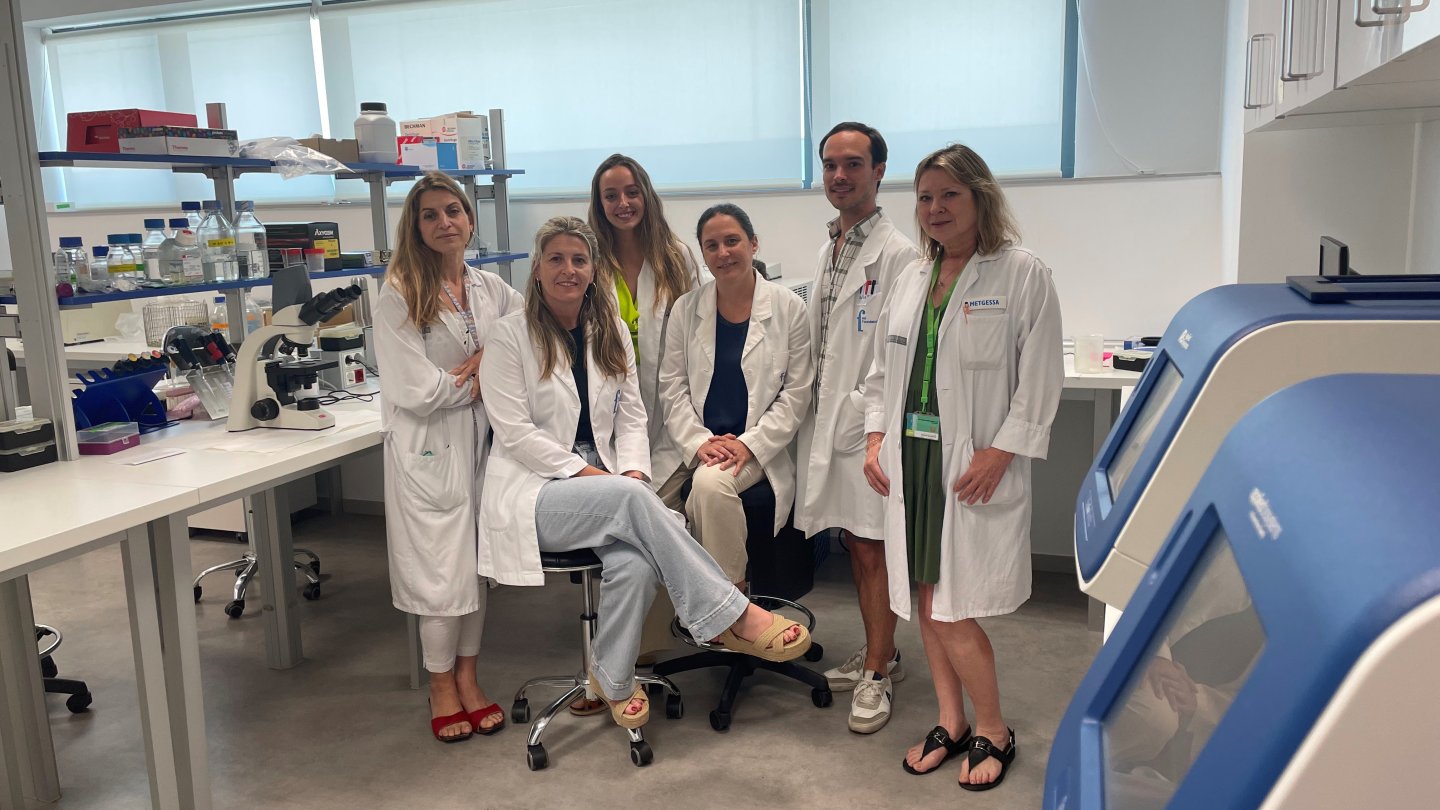News
The IIS La Fe and the IVI Foundation evaluate the effectiveness of a new therapy for the treatment of endometrial pathologies
The therapy is based on platelet-rich plasma from umbilical cord blood.
Preclinical models developed by the research team demonstrate the potential of this therapy.

A study conducted by the Institute of Health Research La Fe (IIS La Fe) and the IVI Foundation evaluates the effectiveness of a treatment based on platelet-rich plasma (PRP) derived from umbilical cord blood, for the treatment of endometrial pathologies such as thin endometrium, Asherman's syndrome, and/or endometrial atrophy, which cause fertility problems. This technique aims to treat patients who want to become pregnant and are unable to do so due to one of these endometrial pathologies.
Platelet-rich plasma (PRP) is a blood derivative that, due to its high content of growth factors and other regenerative and anti-inflammatory components, is used in various medical fields such as traumatology, dentistry, dermatology, and now, also in gynecology. In this latter field, this technique was being used with autologous PRP, meaning obtained from the affected patients' own bodies with endometrial pathologies; however, the results were not entirely conclusive.
Thanks to previous studies, the Research Group in Reproductive Biology and Bioengineering in Human Reproduction of the Institute of Health Research La Fe, the Universitari i Politècnic La Fe Hospital, and the IVI Foundation have opted for PRP extracted from umbilical cord (UC-PRP), as it could be more effective in regenerating tissue or organs, as demonstrated in other medical disciplines, than PRP extracted from an adult person. Additionally, preclinical models from this research group have demonstrated its great potential for endometrial regeneration.
Recruitment of volunteers and future actions
This clinical study, stemming from the doctoral thesis of researcher Adolfo Rodríguez Eguren, supervised by Dr. Irene Cervelló, consists of five phases with a three-year execution period. The first two phases, scheduled between May and August 2022 and based on obtaining umbilical cord blood from donors who have given birth at the Universitari i Politècnic La Fe Hospital in Valencia and the creation of a dedicated reservoir of PRP from umbilical cord blood, have already been completed.
Currently, the research group's objective is to recruit volunteer patients with one of the described endometrial pathologies. The next step will be to inject UC-PRP, derived from an umbilical cord compatible with the patient's blood, via hysteroscopic route. These stages of the study are being conducted by the Human Reproduction service, under the supervision of Dr. Ana Monzó and Dr. Mónica Romeu at the La Fe Hospital.
The study is expected to conclude in May 2024 with the analysis of the treatment through the evaluation of endometrial thickening, which will be crucial for the patient's future pregnancies.







